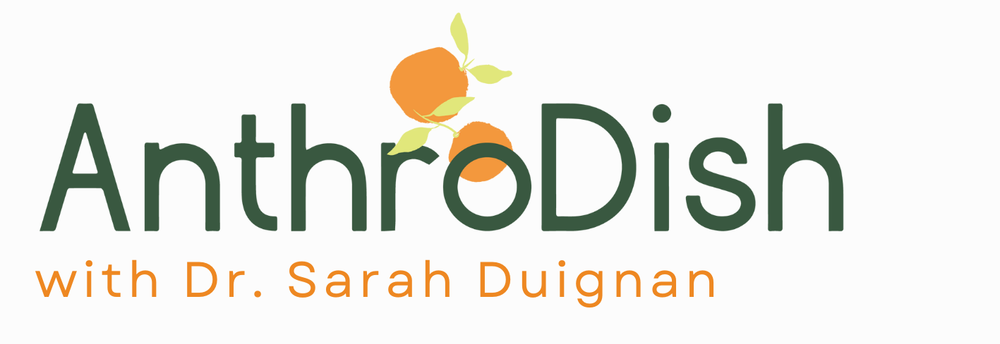Today we’re taking a step back in time and exploring some interesting food trends from the past. Every so often, there is a massive migration period for herring towards the Swedish West Coast. These seasonal migrations allow for coastal fishing of herring that is much more abundant than regular methods. During one Herring Period of the 18th century, Atlantic herring began migrating to the western coast of Sweden in seemingly infinite numbers, until they suddenly disappeared in 1809. In response, the Swedes imported the art of smoking herring kipper-style from Britain, but then lost this practice, with very little mention of it in the historical literature. So why did this happen, and how can we learn about it from the past?
My guest this week is Anton Larsson, who is here to share his research on the rise of Western Sweden’s industrial herring smokehouses. Anton is a PhD student in Archaeology at Stockholm University. Originally from Uddevalla on the west coast of Sweden, Anton fuels his research by his roots to the region. He shares how he explore the mystery of these industrial smokehouses rise and fall in the 18th century Sweden, and what we can learn about food systems, traditions, and industries from this particularly interesting episode from Swedish history. He also demonstrates the value of using archaeology in historical contexts to piece together new perspectives and understandings of how communities and cultures interacted with their landscapes, and why staying closer to home for research is good practice.
Learn More from Anton:
Twitter: @antonyaolarsson
Website: https://www.su.se/english/profiles/anla3265-1.447274








